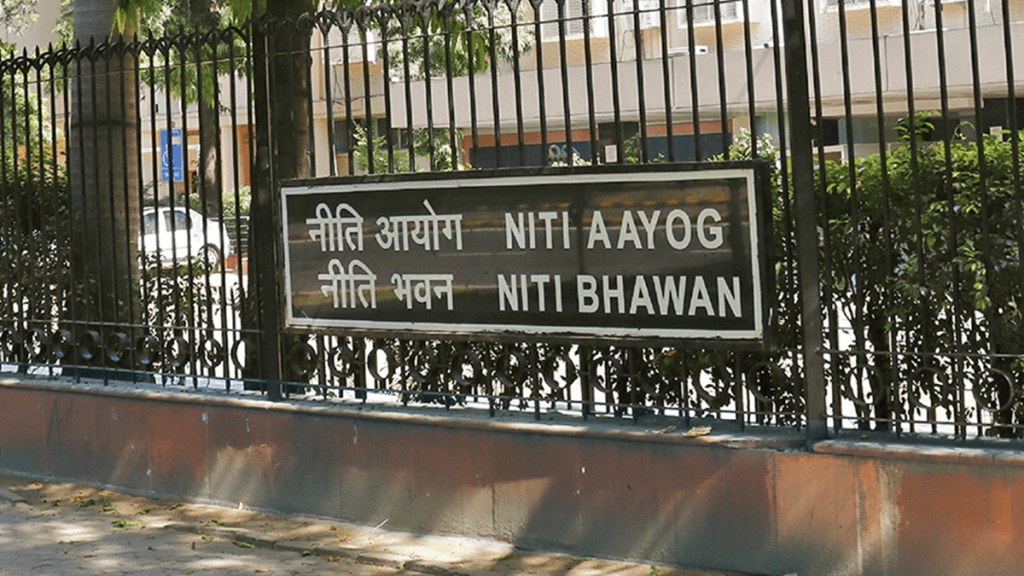To foster trust-based governance in India’s direct tax system, the top government think-tank NITI Aayog has suggested a shift away from over-reliance on criminalisation of offences for compliance in the Income Tax Act. It said the burden of proof of fraud should be on tax officers instead of taxpayers.
Decriminalising minor defaults
It suggested decriminalising minor non-compliances, rationalising punishments, and emphasising civil remedies.
The paper highlighted that while the Income Tax Act, 2025, omits several archaic offences, it continues to criminalise 35 actions and omissions across 13 provisions, most of which prescribe mandatory imprisonment, even for minor procedural defaults.
The think-tank released its second working paper on tax policies on Friday, with ten more to follow by December, well ahead of the 2026-27 Budget, when the new Income Tax Act 2025 will take effect. The government could consider incorporating suitably from these reports in the tax law when it comes into effect from April 1.
Based on an analysis of all 35 criminal provisions, the report proposed decriminalising 12 offences, partial decriminalisation of 17, and retention of criminalisation in 6 offences.
Additionally, it suggested simplifying language, removing presumptions of culpability, and aligning punishments with proportionality principles. These changes aim to enhance Ease of Living and Doing Business while safeguarding revenue.
Under current law, the burden is on the taxpayer to disprove the fraudulent intent. The NITI report suggested that prosecution should establish willful or fraudulent intent beyond a reasonable doubt.
It said offences like procedural defaults without malicious intent; criminal liability should be eliminated. These include failures to pay tax deducted at source (TDS), pay tax collected at source (TCS), furnish returns, and produce accounts/documents. It stated that such lapses cause measurable, repairable harm to revenue but do not threaten societal values, such as public safety. Civil penalties offer swifter, more effective enforcement. It suggested imposing civil fines in these cases, ensuring proportionality.
For 17 offences, Niti Aayog suggested retaining criminal sanctions only for fraudulent or malicious conduct, decriminalising non-malafide lapses. For example, contravening seizure orders should criminalise only intentional tampering.
Retention of full criminalisation for 6 offences involving grave, intentional harm such as fraudulent removal/concealment/transfer of property to thwart recovery; falsification of books to enable evasion; abetment of false returns. Since these directly undermine fiscal integrity through malicious actions, such actions warrant deterrence.
“The report suggested keeping strong criminal provisions with proportionate punishments for deliberate, high-value, and injurious misconduct like orchestrated tax evasion or fabricating evidence,” said Sanjeet Singh, program director, NITI Aayog.
Under the current Income Tax law, offences are punishable with imprisonment for terms up to 7 years, besides fines.


